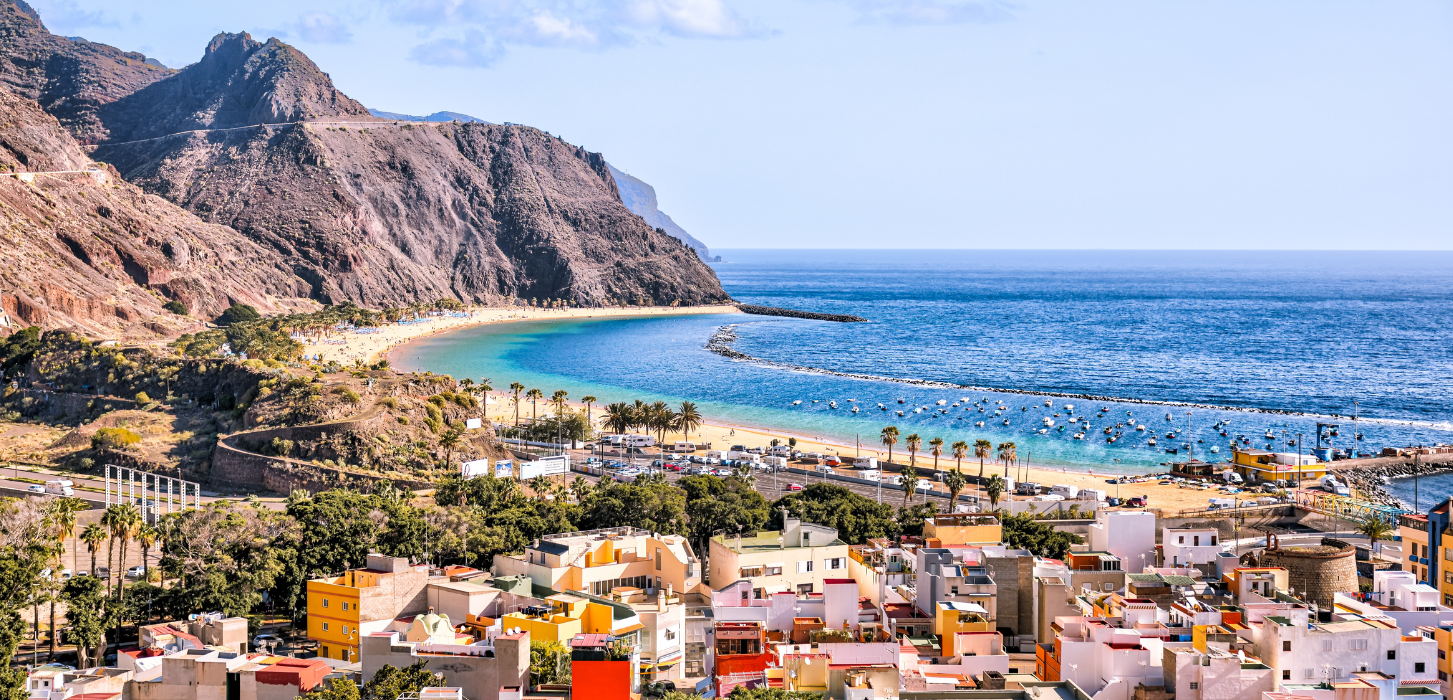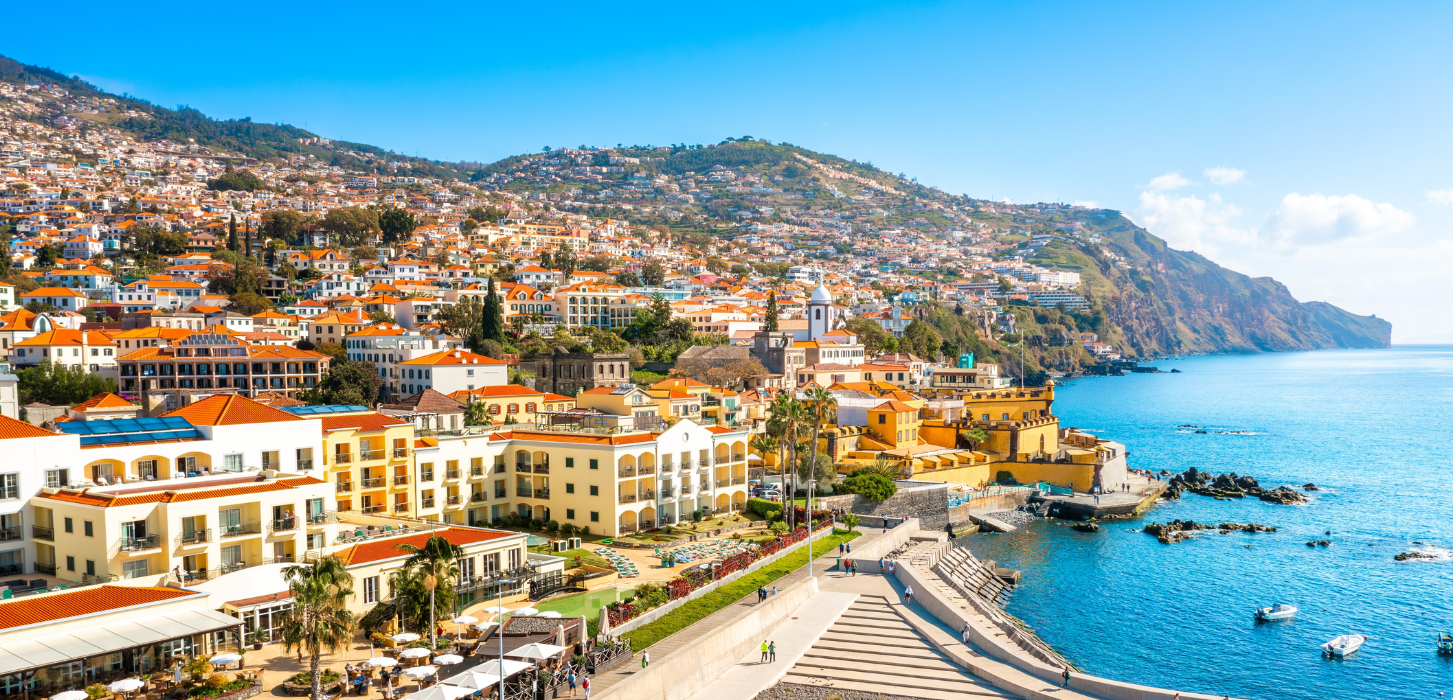
Working from anywhere is a trend that is here to stay. Why sit in the same old office (or, far worse - commute!) when you could be on a sunny Spanish balcony, a Greek café terrace, or soaking in the atmosphere of an Italian piazza?
The attraction of moving around, mixing things up, escaping the winter months is undeniable. Add in some tax benefits – as some countries offer – and the lifestyle becomes even more tempting. Since the pandemic, a number of countries have introduced their own versions of the digital nomad visa (DNV) – and now there’s a sense that you are missing a trick if you are a government that don’t offer one. (And France, that means you!)
Barbados launched its popular Welcome Stamp remote working visa in 2020, and Caribbean neighbours Antigua, Bermuda and Anguilla followed suit. Greece, Portugal, Croatia, Malta, Costa Rica, Mauritius, Thailand, Vietnam, Montenegro, Estonia, Italy, and Spain also introduced DNVs. Japan launched its version in 2024, and in January 2025 New Zealand introduced one – you can stay for 90 days, with the possibility to extend up to nine months.
Some good news too: application processes are moving online, and processing times can be as little as 10 days.
Among the most popular options for British digital nomads are Spain, Portugal and Greece. These locations are popular for a variety of reasons, usually topped by climate, but then local housing prices, accessibility, health and safety, infrastructure and remote working capabilities.
Visa options are another key consideration because the minimum income requirement (typically €2,000 to €3,500 per month), visa length, and application (and renewal) process all vary between countries. Rules about family members being added onto the visa vary too – Spain and Portugal make it easy for these relatives to join.
Tax is another important factor to research: does the country offer tax-free income for the first year (like Portugal), or a special tax regime for digital nomads (see Spain)?
Let’s take a closer look at the two most popular countries.
Spain

Spain remains the top choice for British remote workers, and by spring 2025, nearly 10,000 people from third countries had taken up the Spanish DNV.
It has a minimum income requirement – around €2,700 per month at the time of writing and requires health insurance. Note that it’s easier to apply for from within Spain – most people will move out there and apply within their 90-day limit. You can read more here.
Bear in mind that it if you apply for it from within Spain, the visa can be issued for three years; from the UK, it’s just one year. Processing can take as little as 7-10 days depending on region, as one applicant told us.
Portugal

Portugal’s one-year digital nomad visa has attracted dozens of people to Lisbon, Porto and also the Algarve. There’s an income requirement (four times the Portuguese minimum wage; around €2,820 per month) and you need to have healthcare insurance. Applications are made through the Portuguese Consulates in the UK.
Because you are allowed to work remotely on a Portuguese D7 Visa, it is worth looking into this as an alternative option for moving to Portugal. Consider any rules on days spent in each country and long-term plan: is one a better route to permanent residency?
Things to beware
Do your research. As with all visas, documentation problems cause the most headaches. You will need to prove your income sources and don’t try to use Google translations for official documents. Another crucial step is notarizing your paperwork.
Make sure you have appropriate private health insurance – not just travel insurance – if you plan to stay longer than three months, or your application could be rejected.
Remote workers also need to be aware that staying more than 183 days in many countries will make you tax resident there.
Some visas offer attractive tax rates for residents, or exempt you from paying tax locally, such as Barbados’s Welcome Stamp (minimum earnings: USD 50,000 per year). In Spain, it is also possible that you can benefit from an expats tax regime (Beckham’s Law) – but always seek specialist advice on your tax position before you go.